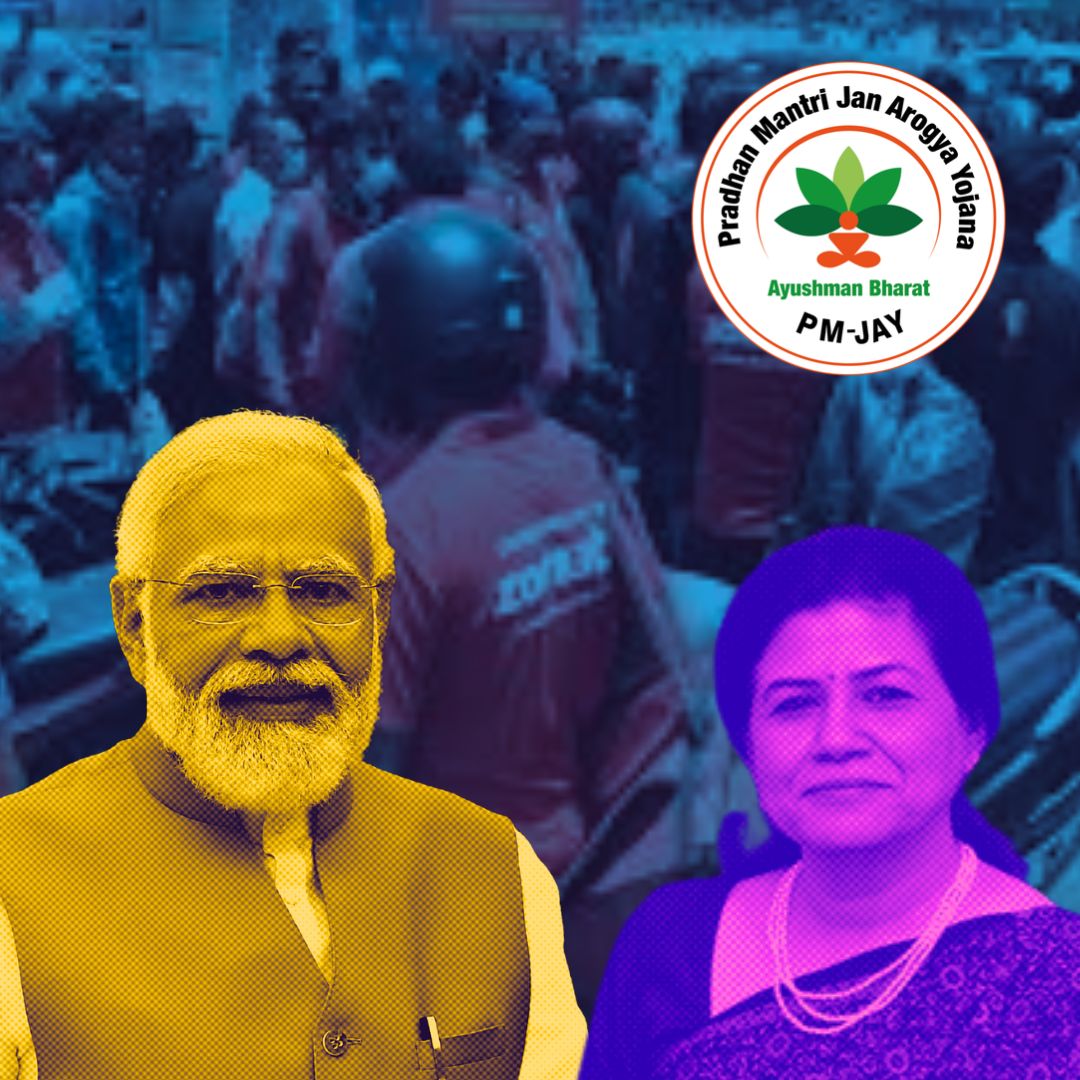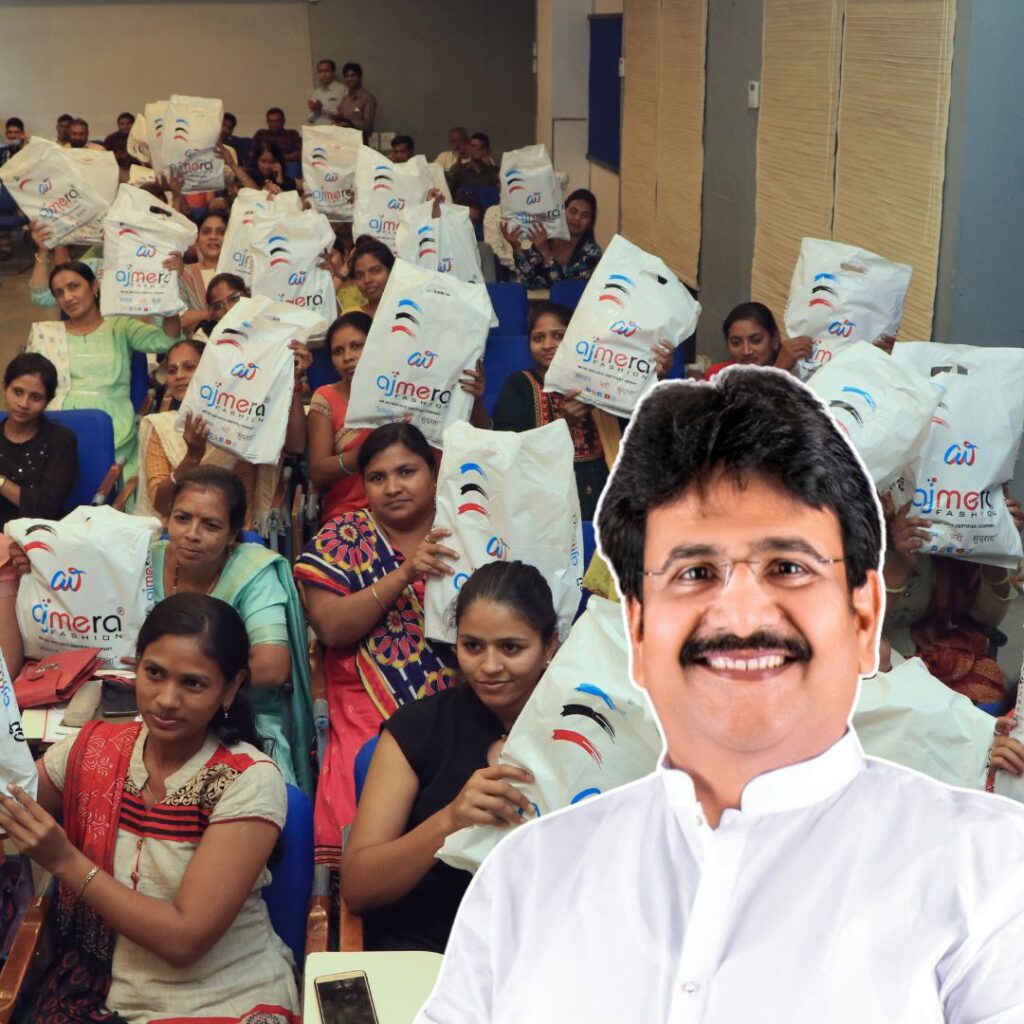The Indian government is set to extend health coverage under the Ayushman Bharat-Pradhan Mantri Jan Arogya Yojana (AB-PMJAY) to gig workers and their families, providing ₹5 lakh per family annually. Preparations for the scheme rollout are almost complete, according to Sumita Dawra, Secretary of the Labour and Employment Ministry.
This initiative aims to formalise gig workers’ social security, recognising their growing contribution to India’s economy, which is projected to employ over 1 crore workers by 2024-25. The scheme will also include registration on the e-Shram portal and issuance of identity cards.
Gig Workers to Get ₹5 Lakh Health Coverage
In a landmark move that underscores the government’s commitment to enhancing social security, gig workers across India will soon be eligible for healthcare benefits under the Ayushman Bharat-Pradhan Mantri Jan Arogya Yojana (AB-PMJAY). This scheme will provide health coverage of ₹5 lakh per family annually, a significant financial safety net for those engaged in informal employment.
Sumita Dawra confirmed that the government will cover all costs associated with this health insurance, ensuring immediate access without restrictions on pre-existing conditions. This initiative is particularly crucial for gig workers involved in sectors such as ridesharing, food delivery, and logistics, who often face precarious working conditions. “We have to cover them in health insurance,” Dawra stated during an exclusive interview, emphasising the urgency of implementing this safety net as part of a broader strategy to enhance worker welfare.
Background: Recognising Gig Workers’ Role
The gig economy in India has experienced rapid growth over the past few years, with NITI Aayog projecting that it will employ approximately 2.35 crore workers by 2029-30. This burgeoning sector has been instrumental in providing flexible job opportunities but has also left many workers vulnerable due to a lack of formal social security measures. Historically, gig workers have been excluded from traditional employment benefits such as health insurance, leaving them at risk during medical emergencies.
However, recent government initiatives aim to address these disparities by integrating gig workers into welfare schemes. The Finance Minister Nirmala Sitharaman highlighted this need in her Budget speech, announcing specific provisions for 1 crore platform workers. This marks a significant step towards acknowledging and addressing the vulnerabilities faced by those contributing to India’s digital economy.
Anticipated Challenges Ahead
While this initiative represents a positive development for gig workers, several challenges lie ahead regarding its implementation. Ensuring that all eligible workers are informed about their rights and entitlements under the scheme will be crucial for its success. Many gig workers may not be aware of their eligibility or how to access these benefits without proper outreach and education from government agencies and platforms alike.
Additionally, logistical hurdles in registering millions of gig workers on the e-Shram portal and efficiently distributing identity cards could impede timely access to healthcare services. Addressing these challenges will require collaboration between government bodies and gig platforms to create an efficient system that guarantees seamless access to healthcare services.
The Logical Indian’s Perspective
The inclusion of gig workers under Ayushman Bharat is a commendable step towards equity and inclusivity in India’s labour policies. By recognising the contributions of this segment to the economy and addressing their healthcare needs, the government is paving the way for a more secure future for millions of informal workers who have historically been overlooked.
However, effective implementation and widespread awareness remain crucial for the success of this initiative. As we reflect on these developments, we must ask ourselves: How can we collectively support gig workers in accessing these benefits while advocating for broader labour rights? We invite our readers to share their thoughts and engage in this vital conversation about fostering a more inclusive workforce in India!













